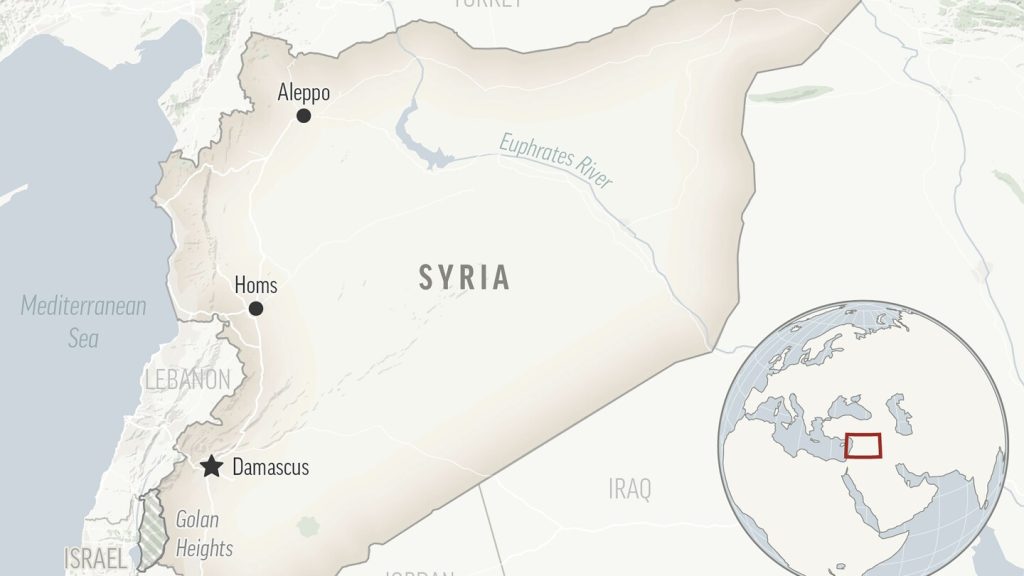The city of Aleppo in Syria was hit by Israeli airstrikes early on Monday, resulting in the death of several individuals, including an Iranian military adviser. This attack marks the first time an Iranian official has been killed in a strike since the April 1 attack on the Iranian Consulate in Damascus. Following this attack, Iran launched a direct assault on Israel, raising concerns of a potential regionwide war. The Syrian state media reported on the airstrikes, noting casualties and material losses. The Iranian news outlets confirmed the death of military advisor Saeed Abyar in the attack on Aleppo.
Iran has been providing military support to Syria since the outbreak of the civil war in 2011, backing President Bashar Assad. Israel has a history of conducting strikes in Syria, often targeting Iranian positions and equipment. The country rarely acknowledges these attacks. The ongoing conflicts in Gaza and Lebanon, with Hamas and Hezbollah respectively, have added to the tensions in the region. Israel’s involvement in multiple conflicts, coupled with the continuous strikes on neighboring countries, has raised concerns about the escalation of violence in the region.
The exact casualty toll from the airstrikes in Aleppo has not been specified by the Syrian state media. The Israeli government has not publicly acknowledged its involvement in the attack. The Israeli-Syrian conflict dates back to Israel’s establishment in 1948, with both countries engaging in hostilities over the years. The recent developments in the region, including the Israeli strikes in Syria and the ongoing conflicts with Hamas and Hezbollah, have raised fears of further escalation and potential wider conflicts involving multiple actors.
The death of Saeed Abyar, an Iranian military adviser, in the Israeli airstrike in Aleppo highlights the complex dynamics at play in the region. Iran’s involvement in Syria and its support for Assad have drawn the ire of Israel, leading to frequent clashes between the two countries. The attack on the Iranian Consulate in April further escalated tensions, prompting a direct Iranian military assault on Israel. The evolving situation poses a significant threat to regional stability, with the risk of a broader conflict involving multiple countries and militant groups.
As the situation continues to unfold in the Middle East, with ongoing conflicts in Gaza, Lebanon, and Syria, the involvement of multiple actors raises concerns about the potential for a larger regional war. The Israeli airstrikes in Aleppo, resulting in casualties including an Iranian military adviser, have further heightened tensions between the countries involved. The lack of acknowledgment from Israel and the limited details provided by the Syrian state media leave many questions unanswered about the motives and consequences of the attack. The complex web of alliances and conflicts in the region underscores the need for diplomatic efforts to prevent further escalation and mitigate the risk of a full-blown conflict.


